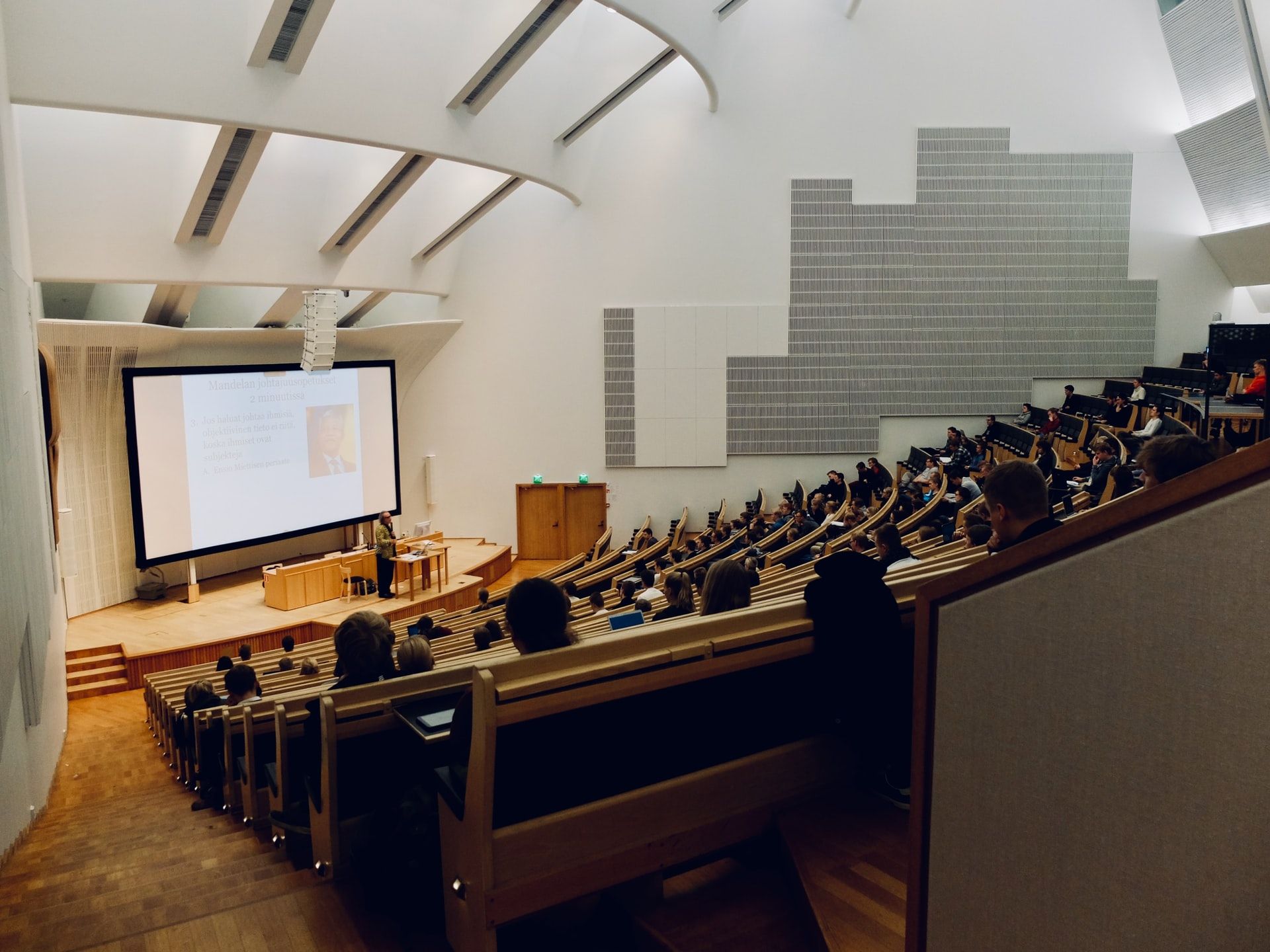It's been over a year since people around the world migrated their lives online. Today we ask: what's been so great (or not-so-great) about it?
In 2020, Zoom stock surged by an incredible 425%. Funnily enough, this statistic would mirror many of our digital lives as well.
As the pandemic swept across the world, people had had to speed up their online migration. While this had been the trend since the birth of the Internet (and its accompanying new technologies), many speculate that the COVID-19 pandemic had fast-tracked it to where we find ourselves today. But while technology presents itself as a safer and more convenient option, it goes without saying that it comes with its fair share of drawbacks.
Drawbacks
No one can argue that the digital landscape has greatly improved our lives. Yet its drawbacks aren't insignificant. For one, digital platforms such as Zoom, Google Hangouts, or the like can never truly replace real life. In a New York Times op-ed piece, comedian Jerry Seinfeld writes: "Energy, attitude and personality cannot be 'remoted' through even the best fibre optic lines... You ever wonder why Silicon Valley even exists? I have always wondered, why do these people all live and work in that location? They have all this insane technology; why don’t they all just spread out wherever they want to be and connect with their devices? Because it doesn’t work, that’s why."
See Also: Zoom Fatigue: Why It's Been Found To Be Worse For Women
And despite it being comparatively low-tech, gathering in a classroom is still how most would prefer to study (hence, the big push for reopening schools). Students simply don't get the full experience of education through listening to a lecture online, and it's very much the same way with friends or family. Seeing your friend's face on a screen for happy hour is much less exciting than seeing her at the bar, talking to your grandparents via Zoom is much less immersive than being able to sit next to them on the sofa. As much as digital migration has transformed our lives, it cannot fully replace the simplicity of being with another.
The digital landscape is also a very different world from the (real) one we live in. It has borders: people can curate what they say and how they act—there are few (if any) signs of the instinctive body language we need to fully communicate with another. This could lead to a myopic perspective in terms of people: we simply cannot believe that the online world is a true representation of life beyond the screen.


